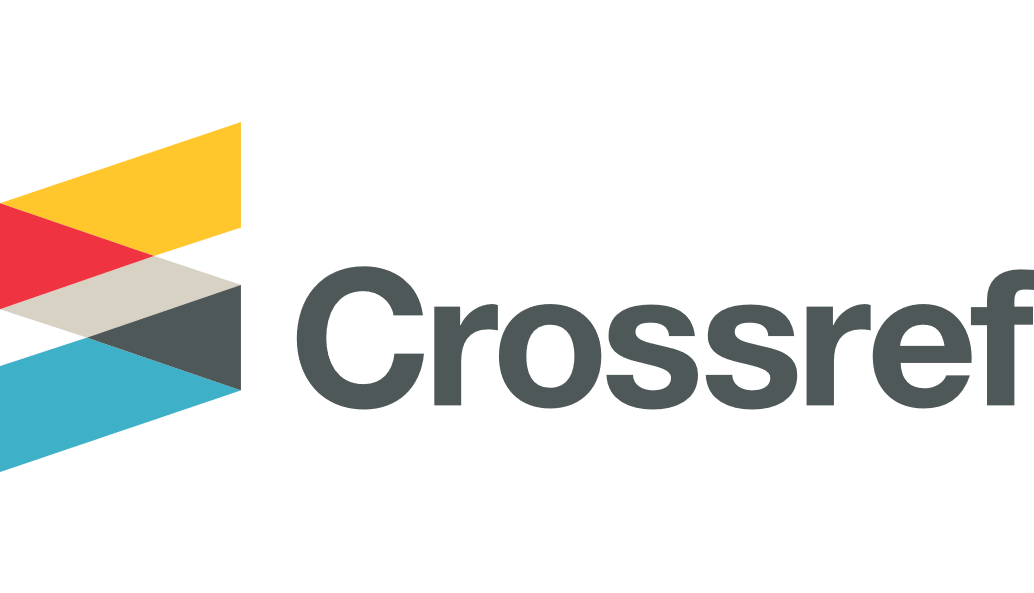Author ORCID Identifier
Errington C. Thompson
0000-0003-4192-7606
Tyler Bayliss
0009-0007-8139-5188
Caleb Clark
0009-0008-4738-9144
Keywords
colon, Ogilvie, Ogilvie's Syndrome, Acute Colonic Pseudoobstruction, colonoscopy, neostigmine
Disciplines
Gastroenterology | Internal Medicine | Medical Pharmacology | Medical Physiology | Medicine and Health Sciences | Obstetrics and Gynecology | Surgery
Abstract
Ogilvie's syndrome (acute colonic pseudoobstruction) was first described in 1948. Acute colonic pseudoobstruction can occur in a variety of clinical settings, including postsurgical, obstetrics, pelvic surgery, critical care and sepsis. Clinicians need to recognize the syndrome early. Colonic distention without evidence of obstruction can be seen on plain films of the abdomen or CT scan. Successful therapies, including bowel rest, neostigmine and colonoscopic decompression, have been used. Avoiding respiratory compromise from abdominal distention and colonic perforation of the primary goals of treatment. Surgical intervention should be reserved for patients who are refractory to medical treatment or develops signs and symptoms of colonic ischemia or perforation.
Recommended Citation
Bayliss T, Clark C, Thompson EC.
Ogilvie's Syndrome: Acute Colonic Pseudoobstruction. A Review for Residents..
Marshall J Med.
2024;
10(1)
DOI: https://doi.org/10.33470/2379-9536.1425.
Included in
Gastroenterology Commons, Internal Medicine Commons, Medical Pharmacology Commons, Medical Physiology Commons, Obstetrics and Gynecology Commons, Surgery Commons


